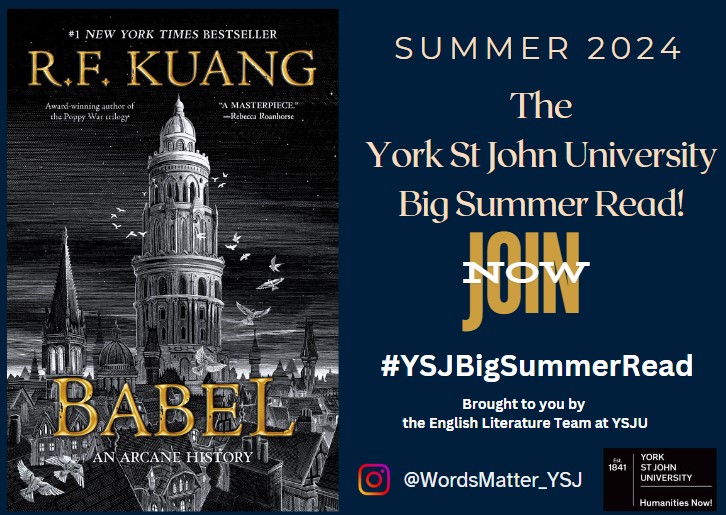During the calculated chaos of China’s Cultural Revolution (1966–76), millions of urban youths were sent “up to the mountains and down to the villages” to work and learn from the peasants. Though many saw these postings to remote locations as a glorious opportunity to “eat bitterness”, the reality for many was starvation and subjection to “struggle sessions” in which they were beaten and humiliated for their deviations from revolutionary orthodoxy.
While there has still been no meaningful official reckoning with this dark period in Chinese history, as early as the late 1970s a flood of novellas and stories began to engage with these “ten years of eternal chaos”. In tone these ranged from first-person accounts of suffering (a subgenre known as “scar literature”) to more philosophical responses that viewed the Cultural Revolution through a broader humanist lens. All of these books had to walk a fine line in their attempts to depict the excesses of the period without seeming to indict the (still existing) system that had made them possible.
Wang Xiaobo’s novel Golden Age, which first appeared in China in 1994 and has now received its first English translation, rejects the pieties of this mini canon. No solemn, reverent account, this is a book of many erections. Its first section is a Rabelaisian tale of the sexual escapades of Wang Er: a young student from Beijing and our narrator. Wang and Chen Qinyang, a doctor, don’t merely find sexual freedom in a repressive context, à la 1984 – their affair seems facilitated by these circumstances. Neither character has any interest in politics. Their attraction is portrayed as a natural impulse prompted by the pastoral setting, rather than as an act of resistance against a repressive system. The sex itself, though explicitly described, is prevented from seeming like adolescent boasting by reference to Chen’s disgust with Wang’s penis (which is only averagely grotesque). Their relationship is both convincing and charming, in large part due to Wang’s laid-back, comic point of view. In Yan Yan’s translation this is rendered as an updated Holden Caulfield-esque voice in which Wang complains of “phoniness”, calls people “bro” and speaks of being “superexcited”.
The author has fun with the absurdities of the climate of accusation and counter-accusation that went on during the Cultural Revolution. When the couple first meet, Chen is thought to be promiscuous (“an old shoe”), though she is actually chaste; yet the accusation ends up being a self-fulfilling prophecy. Wang sees paradoxes everywhere: “the more certain something was, the more reason there was to doubt”. The peak of this epistemological uncertainty is reached when Wang goes missing and his boss, for reasons of political convenience, declares he can’t have because he doesn’t exist.
Despite the light tone there are reminders of the danger of the lovers’ situation. Wang is beaten unconscious with a stool, forced to feed pigs and menaced by an army cadre. Wang and Chen are also forced to undergo struggle sessions, though these are depicted as theatrical occasions, a kind of “folk entertainment” with no consequences for the lovers. Chen even finds a kind of sadomasochistic pleasure in playing the role of “the old shoe” on stage.
The second section shifts us forwards ten years. The thirty-year-old Wang is now a science teacher in Beijing. Though he is married, his wife barely appears; his main aim is to get permission to study abroad. There are shenanigans with his colleagues and an old flame, but the narrative is much looser and lacks the casual joy of the first section.
In the third and final section Wang, now forty, offers the briefest possible summary of the events of the previous decade: “Earned degree overseas. Father passed. Got divorced”. The implication is that what happened during the Cultural Revolution matters more than what followed. The tone is still playful, though now undercut with cynicism. Wang equates his motivations for writing with those of people who once put up posters denouncing others. The narrator is similarly unsparing of himself when he admits to his disappointment at not having witnessed the suicide of one of his teachers. He “only got to see his very last couple of twitches”.
Given the book’s focus on engaging with old memories, it is unsurprising when, late in the novel, Wang invokes Proust. Our narrator isn’t so much searching for lost time as for the lost happiness of his youth. The uncomfortable paradox at the heart of Golden Age is that the high point of his life occurred during one of the worst periods of his country’s history. (In this there are echoes of Imre Kertész’s Fatelessness, 1975.) Wang sees writing as one method of dealing with the burden of what happened to him, but Chen offers a perspective that seems equally appropriate, and perhaps provides a key to the book’s playful tone. For her “a person lives in this world to be ravaged, unto death. Once you understand that, everything else is just water under the bridge”.
Nick Holdstock is the author of China’s Forgotten People: Xinjiang, terror and the Chinese state, 2015, and the novel Quarantine, 2022
Browse the books from this week’s edition of the TLS at the TLS Shop
The post Ten eternal years appeared first on TLS.




